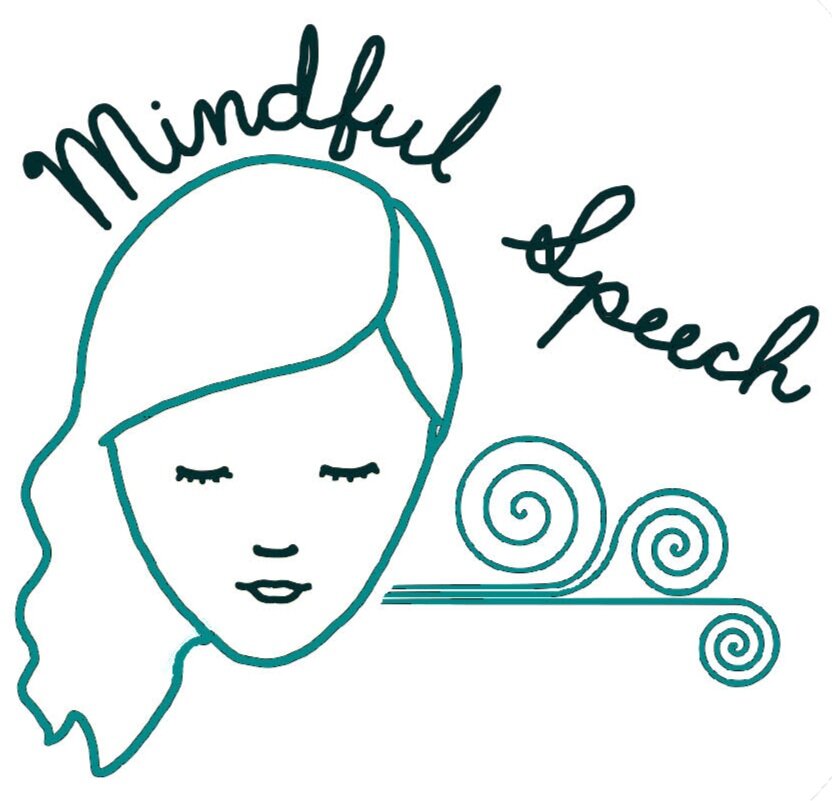Helping Your Child Who Struggles with Reading Over the Summer: whether they’re in elementary, middle, or high school
Your child is struggling to read and may even hate reading. It’s hard for them to stay motivated because they may be struggling with reading words. How can you, their parent, help support them with reading outside of the classroom when reading is such a challenge?
Decodable books might be the answer!
Decodable books are books that are written using only (or mostly) words that a child can more easily decode (aka sound out). For example, a decodable book geared toward children that know how to read words that are spelled with a consonant, vowel, and then another consonant, might talk about a cat named Pat who loves to nap and a bad dog named Tab who likes to nip.
If your child struggles with reading all words, these types of books might not be the right fit yet.
Decodable books are great for children in elementary school, like first graders who want to maintain their reading skills over the summer, second graders who need more practice to help catch up with their peers during the summer, and other third, fourth, fifth grade, and middle schoolers who need more practice reading books with easier to read words.
Why are decodable books a good idea for struggling readers in elementary school and middle school?
I’ve met so many motivated parents who really want their kids to succeed. They notice that their child is struggling and want to try out everything they can to help them. They might remember back to when they were in school and used methods like flashcards and mnemonic devices that helped them study so they try that out with their child.
What flashcards miss is the context and joy of reading. Sure, it’s helpful to be able to read individual words like those on signs that say “stop” or “danger,” but most reading is done in the context of sentences, paragraphs, articles, chapters, and stories. To be honest, flash cards might even reinforce that reading isn’t fun for some children.
So how do you help a child learn to enjoy reading with context when they struggle to read many of the books their peers might be reading? By reading decodable books. I’m still amazed by how my clients who are struggling readers gain motivation once we’ve found books that match their skills. After a while, many of my clients actually choose to read a book instead of playing a game.
My favorite decodable books
I use decodable books from Reading A-Z every single week. I love them. There are 60 books that each have short 1-2 page chapters followed by a few questions geared toward developing reading comprehension, spelling, and reading skills. The catch? It’s a subscription service. It’s about $100/year which is reasonable if you are a speech-language pathologist who specializes in reading (aka me) but it might not feel like it’s worth it for you.
However, shhh lean-in close for this tip, you can get a free trial and download a number of books while you are on the free trial. You won’t be able to download all of the wonderful books that Reading A-Z has, but you will be able to download many that can fit your child’s reading level. I think most families with children in elementary school or middle school who are struggling with reading could really benefit from using the free trial at Reading A-Z.
Their books are all digital so you can download them and have your child read them on a computer or tablet or you can print them out so your child can have a physical book to read. If you have a printer (not everyone does these days!), I’d definitely recommend printing the books out so that your child can read their books whenever they want to, without having to ask to borrow a computer or tablet.
Another great option is Flyleaf Publishing, which has a range of decodable books you can buy physical copies of. They have 89 books that are marketed as books for children from preschool to third grade, but they also mention that their books would also be appropriate for older students in upper elementary and middle school.
The best part about Flyleaf? They offer all of their books online FOR FREE.
You won’t be able to download and print the books like you can with Reading A-Z, but your child can read all of their books online. Extra bonus: their books are beautiful and look more like “real books” than the Reading A-Z books. Flyleaf also has homework downloads for most of their books that focus on building different reading and writing skills, like reading comprehension, reading fluency, spelling, and so on. This is an awesome, free resource that you should definitely check out.
Other “leveled” books and articles that might be appropriate for your child in elementary school, middle school, high school, and even college
Newsela doesn’t have “decodable books,” but they do have articles on tons of topics, like science, technology, social studies, sports, health, and money. Each of their articles has an option to change the level of complexity of the language in the article. When you choose a “lower-level” for the article, that often means that the sentences are shorter and less complex and the vocabulary used in the article isn’t as difficult. The words themselves might not be easier to decode, like in decoable books, but Newsela articles can be a great fit for students who have difficulty reading long sentences and high-vocabulary words.
While Newsela is a great fit for students who struggle with reading and are interested in non-fiction topics, what about middle schoolers, high schoolers, and college students who are more interested in fiction?
High Noon Books is a great option. They have tons of books at different levels including fantasy, romance, horror, suspense, sports, science fiction, and even classic books like Romeo and Juliet, The Call of the Wild, and The Scarlet Letter. Just like with Newsela, these aren’t exactly “decodable books” from what I’ve seen, but they do simplify the language and vocabulary which can make all the difference for a struggling reading.
They have some free samples you can download but also each book is a pretty reasonable price, around $10 each.
As always, one of the best ways to get your child to be interested in reading is to model loving reading yourself. Let them see you reading regularly. Let them witness you giggling or gasping while reading a book. Make your love of reading contagious.
Happy Reading!
Hi, I’m Hollis, the owner of Mindful Speech.
I’m a speech-language pathologist licensed in Illinois and Colorado.
I specialize in providing speech therapy to help children, teens, and young adults to improve language, reading, writing, and executive functioning skills. Now offering in-person sessions in Chicago!
Learn more about me on my About Hollis page.







